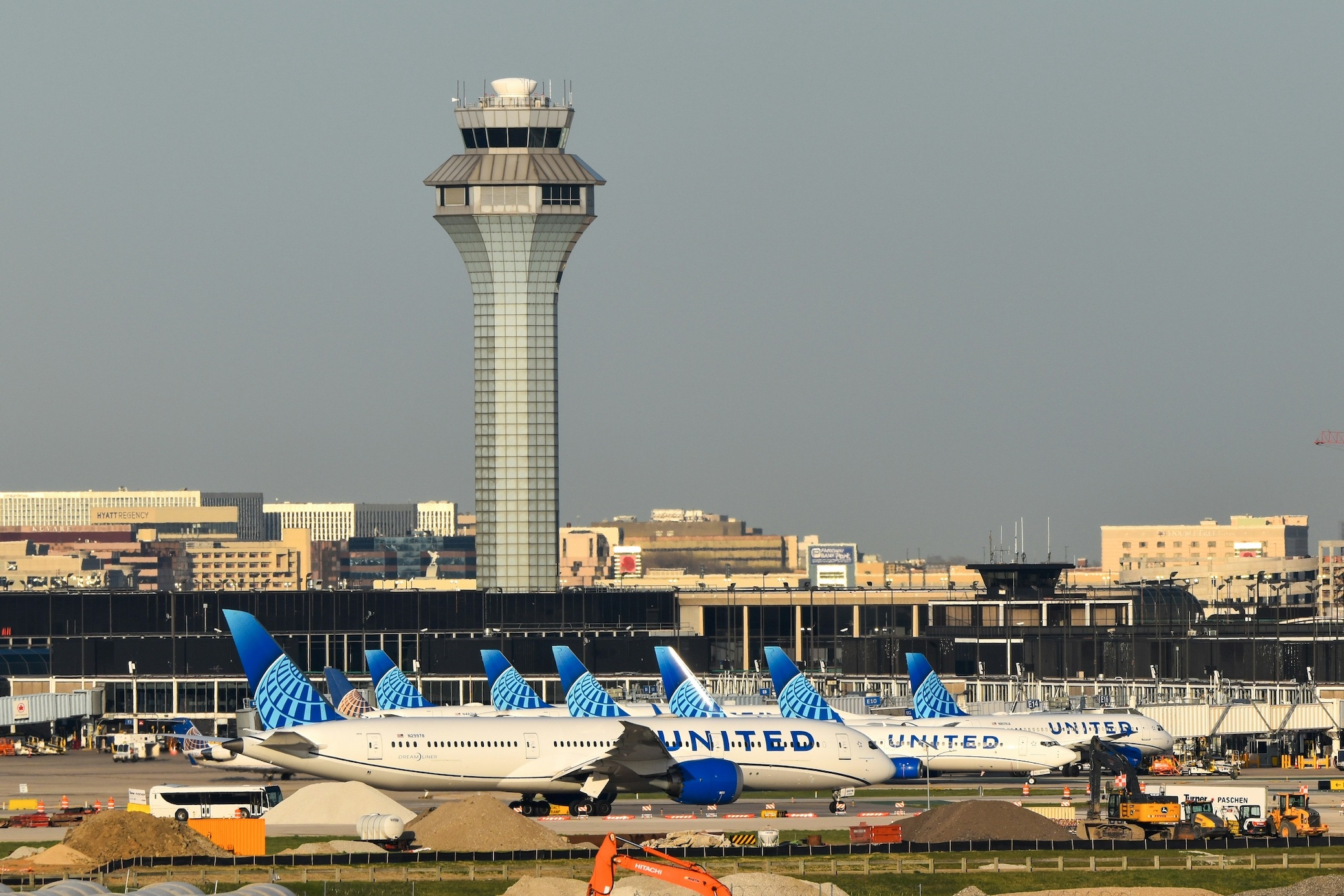As cities continue to grow, eminent domain will remain a significant and often controversial tool in urban development.
As cities expand and evolve, new highways, airports, and redevelopment projects often require additional space. But what happens when your private property is caught in the middle of these changes? While the process is meant to serve the greater good, it often sparks controversy, especially when homeowners or businesses feel they are being forced out unfairly.
This is where eminent domain comes into play. An eminent domain attorney can help you understand your rights when the government decides to take your land for public use.
But What Exactly Is Eminent Domain?
Eminent domain is the legal power that allows the government to take private property for public use. In return, the government must pay the property owner fair compensation. This means that if a city needs land for a new highway, airport expansion, or urban redevelopment project, it can force property owners to sell their land—even if they don’t want to.
The Fifth Amendment of the U.S. Constitution requires that the government provide “just compensation” to property owners, though disputes often arise over what is considered fair.
Why Do Cities Use Eminent Domain?
Cities use eminent domain for projects that serve the public interest. Some of the most common reasons include:
Building Highways and Roads
Governments expand highways or build new roads to reduce congestion and improve transportation. This often requires taking homes, businesses, or vacant land, sometimes displacing entire neighborhoods.
Expanding Airports
Airports need more space to add runways, terminals, or parking. If nearby land is privately owned, the government may use eminent domain to acquire it, arguing that the expansion benefits travelers and boosts the local economy.
Urban Redevelopment
Cities sometimes want to replace old buildings with new developments like parks, shopping centers, or housing. Eminent domain is often used to clear land for these projects, particularly in economically struggling areas where revitalization is needed.
A Notable Example of Eminent Domain: O’Hare International Airport in Illinois
One notable eminent domain case in Illinois involved the expansion of O’Hare International Airport in Chicago. In the early 2000s, the city moved forward with an ambitious airport expansion plan that required acquiring land from nearby suburbs, including homes and businesses in Bensenville.

Many property owners resisted, arguing that they were not being fairly compensated and that the project would disrupt their communities.
Legal battles ensued, with property owners challenging the city’s right to take their land. Ultimately, the courts ruled in favor of the city, allowing the project to move forward. This case illustrates both the power of eminent domain and the challenges property owners face when fighting it.
The Process of Eminent Domain
If you’ve been notified that your property is part of a government project, you may be feeling uncertain or overwhelmed. The government cannot simply take your land at will—it must follow a structured legal process. Understanding each step can help you make informed decisions and protect your rights.
1. Government Identifies the Land
Before any action is taken, government agencies assess which properties are necessary for a public project, such as a highway, airport expansion, or redevelopment initiative. Unfortunately, this means that private homes, businesses, and land can be targeted for acquisition.
2. Initial Offer to Purchase
Once your property is identified, the government will conduct an appraisal to determine what it believes is fair market value. Based on this assessment, you’ll receive an initial offer for compensation. However, these offers may not always reflect the full value of your property—including its potential future worth or the emotional and financial impact of relocation.
3. Negotiation and Challenging the Offer
You are not required to accept the government’s first offer. Many property owners find that these initial amounts are lower than what they deserve. You have the right to negotiate for a higher amount or dispute the government’s claim if you believe the offer is unfair or your property is not necessary for the project. An experienced eminent domain attorney can help you build a strong case, using independent appraisals and legal arguments to fight for just compensation.
4. Court Proceedings (If Necessary)
If an agreement cannot be reached, the government may initiate formal legal proceedings to take the property through condemnation. In court, a judge will determine the final compensation amount. This process can be complex, time-consuming, and stressful, but having the right legal representation can make a significant difference in the outcome.
Why Legal Guidance Matters
Eminent domain can feel like an uphill battle, but you don’t have to go through it alone. A knowledgeable attorney can help protect your rights, ensure you receive the highest possible compensation, and explore all available options—including challenging the necessity of the property seizure itself.
If you’re facing eminent domain, it’s important to act quickly. Understanding your rights and seeking legal support early can help you secure the best possible outcome for your property and future.
What Are Your Rights?
If your property is affected by eminent domain, you have rights, including:
- The right to receive fair compensation based on the true market value of your property.
- The right to challenge the government’s decision in court if you believe the taking is unjustified.
- The right to hire an eminent domain attorney to negotiate on your behalf and ensure you receive the best possible outcome.
Final Thoughts
If you ever face an eminent domain case, consulting with an experienced eminent domain attorney can help you understand your rights and fight for the best outcome. As cities continue to grow, eminent domain will remain a significant and often controversial tool in urban development.
Understanding how it works can help property owners protect their interests while allowing communities to develop and improve for the future.


Join the conversation!